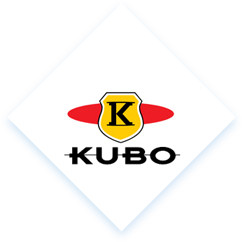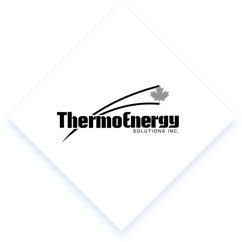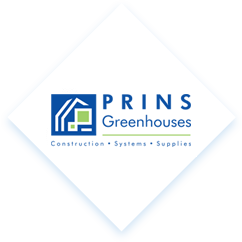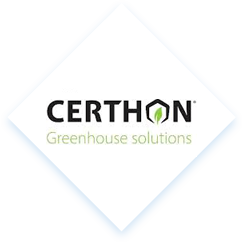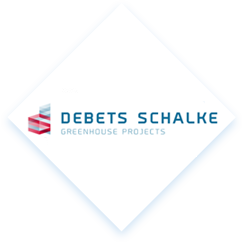We mainly manufacture high diffusion and anti-reflective glass at haze 5/10/20/30/50/70/75.The light transmission can reach 97.5% and above.
-
2025-06-26Much of the glass that’s used for residential and commercial applications is tempered safety glass. In short, tempered ···
-
2025-06-23It’s a common misconception that clear glass is the most transparent, however, this actually is not the case. Although ···
-
2025-06-16What is float glass and how is it made?Float glass is a type of flat glass produced through a process where molten glass···
-
2025-06-11The temperature control methods of glass greenhouses mainly include three aspects: insulation, heating and cooling01Insu···
-
2025-06-05The installation and selection of Bugs-Trap Rolls in glass greenhouses is an important part of ensuring the healthy grow···
-
2025-05-27This article will continue to introduce the remaining three types: hydroponic vertical greenhouses, smart commercial gre···
For decades, we are always committed to supply the most advanced diffuse glass for horticulture industry.
Since we built the China's first ultra-clear rolled glass production line in 2003, our manufacturing facility has expanded to 4 raw glass furnace lines, 5 tempering Lines, 5 etching AR Lines, which enable us to produce over 10 million sqm glass annually.
As the main drafting unit of China's national standards for greenhouse glass, we lead the market with deep understanding of the glass technology, and set up the world highest standard of light transmittance. Our brand "Yuhua Glass" has been well recognized with high reputation by customers globally.
So far, our company has provided more than 40 million square meters of greenhouse-specific glass products for high-end smart greenhouses around the world!
Yuhua glass boosts your production with technology!




























